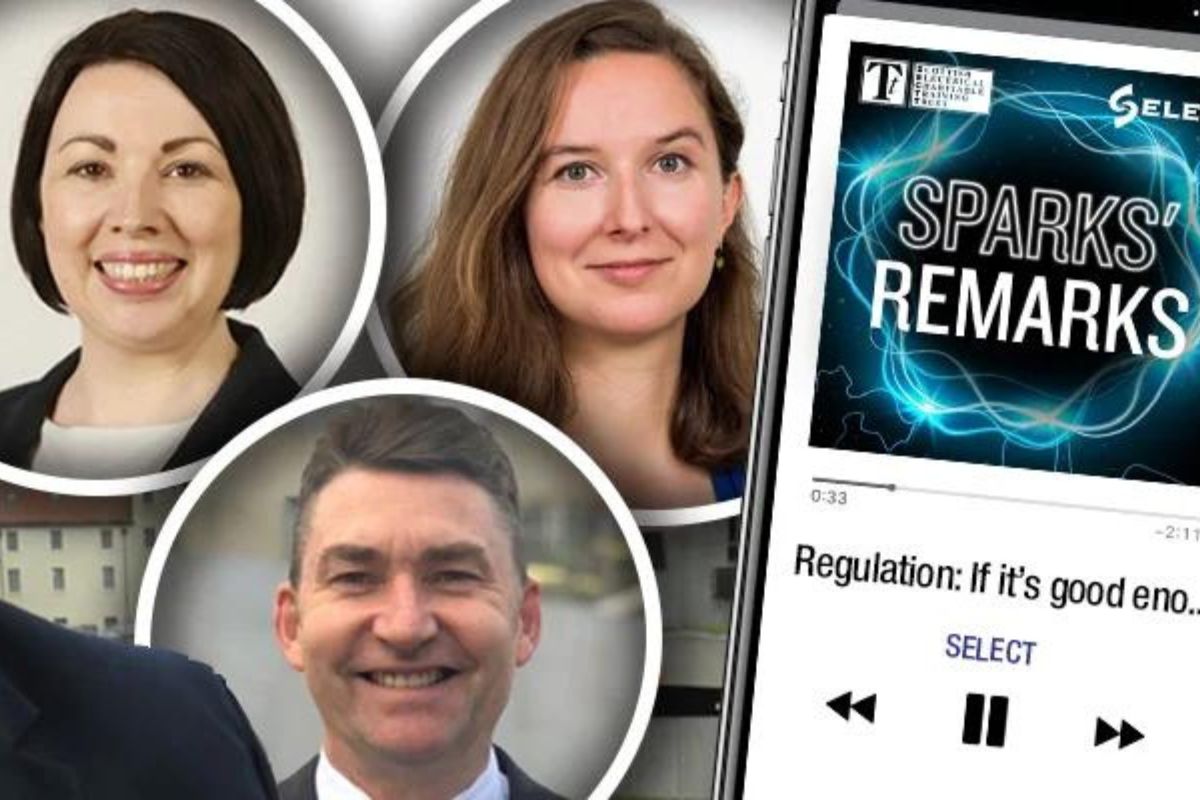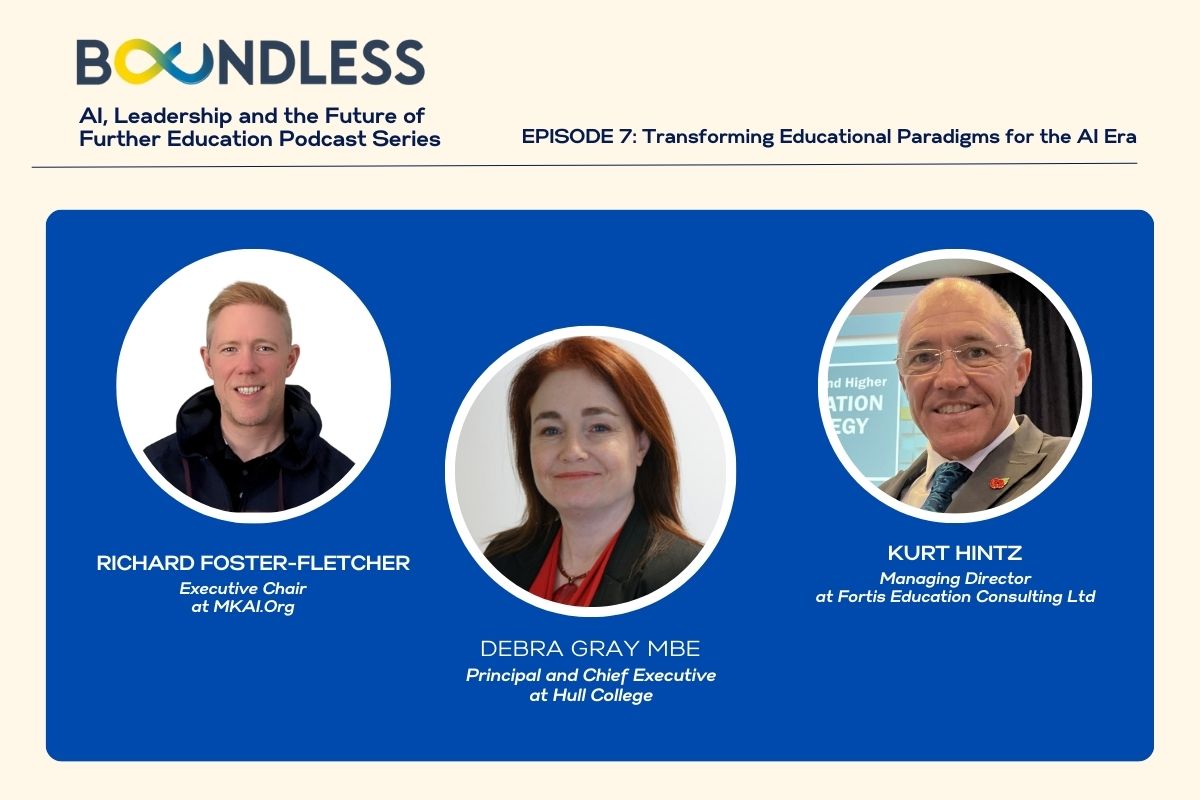Rise in eating disorders amongst students sparks concern

Today (30 Jun), @Unite_Student, the UK’s largest provider of student accommodation, launches some new research into the incoming 2021 student cohort.
The survey of over 1000 university applicants shows a rise in eating disorders and other mental health conditions amongst future students, following the disruption of the pandemic, amongst other insights.
RISE IN EATING DISORDERS AMONGST STUDENTS SPARKS CONCERN
- New research shows increase in eating disorders and other mental health conditions among university applicants, following disruption caused by pandemic
- Many students also say that they do not feel prepared for university – more support is needed from higher education sector
- Almost all students want to feel a sense of belonging while at university, but many are anxious about fitting in
- Research shows fall in excessive drinking and illegal drug consumption among future students
- Students optimistic about securing job post-university
New research by Unite Students, the UK’s largest provider of student accommodation, shows a rise in the number of university applicants suffering with eating disorders and other mental health conditions.
In a survey of over 1,000 university applicants (due to begin studying at university in Autumn 2021), carried out in collaboration with YouthSight, almost a quarter (24%) said that they had experienced issues with eating or an eating disorder in the last year. This is up by six percentage points on 2017 figures, when just 18% said the same.
In addition:
- 15% of respondents said that they have a mental health condition in 2021
- Of those with mental health conditions:
- 88% said they have anxiety
- 11% said they have post-traumatic stress disorder (PTSD)
- 15% said they have obsessive-compulsive disorder (OCD)
- Across the wider survey group, almost all students (92%) want a sense of belonging to a community whilethey are at university, but over half are anxious about fitting in (59%)
Young people feel unprepared for university
The research also revealed that many do not feel prepared and informed for university in 2021.
Just 36% of total applicants surveyed said that they currently feel ready for their university experience in 2021, down from 45% in 2017.
Just 20% said that they felt well-informed, meanwhile, down from 33% in 2017.
Fall in excessive drinking and drug use
On a separate note, the research also showed a fall in rates of excessive drinking and illegal drug consumption. Just 11% of all applicants said that they had drunk too much in the last year, down from 18% in 2017.
Meanwhile, 5% said they had consumed illegal drugs in the last year, down from 10% in 2017.
More face-to-face learning
Following their experiences of online learning at school and college during the pandemic, applicants want more face-to-face learning opportunities at university. If large-scale lectures continue to be held online from September, the majority (66%) of applicants would prefer a different face-to-face mode of learning.
Students optimistic about the job market
On a positive note, surprisingly, applicants are more confident about getting a job after university than they were in 2017.
This year, 60% said they thought getting the job that they want post-university would be achievable, with ‘some effort and luck’, compared to 55% in 2017. 10%, further, said they thought it would be ‘very easy’.
Nick Hillman, Director of the Higher Education Policy Institute, said:
“This survey confirms that it is a very tough time to be young. University applicants have shown extraordinary resilience over the past year, when their education has been seriously disrupted.
“While we can see a negative impact on their wellbeing, we can also see they are absolutely determined to continue their educational journeys and to make the most of their potential. I worry that people will arrive in higher education less well prepared than their predecessors, but I am also confident that they can thrive if they are given the support they need.”
Richard Smith, Chief Executive at Unite Students, said:
“The last year has been undeniably challenging for students. They have lived through a significant period of disruption, and have seen fewer opportunities to connect with their peers at a critical time in their development. Despite the incredible resilience they have shown, existing mental health conditions have been exacerbated and new ones have emerged.
“These findings are a useful insight into the incoming student population. The increased number of university applicants experiencing eating disorders and other mental health issues is an obvious concern, and something all who work in higher education – including universities themselves, accommodation providers and campus staff – need to keep front of mind.
“At Unite Students, we are focused on building a community for students where they feel they belong and have a solid support system. We are working hard to further enhance and develop the support we already have in place to help students. This is a priority as we look to the new academic year.”
All of these findings and trends are explored further in Unite Students’ Higher Education podcast, Accommodation Matters.
Participants include:
- Adrian Clark, Student Health & Wellbeing Manager, University of London
- Sunday Blake, President at University of Exeter Students’ Guild
- Wayne Templeman, Director of Sixth Form, St Bonaventure’s school, East London
- Simon Jones, Business Development Director, Unite Students
Please find some key insights:
Sunday Blake, President at University of Exeter Students’ Guild:
On a ‘maturity deficit’ amongst the incoming student cohort:
“There has been some talk that students coming to university this year will suffer from a maturity deficit – so 16 -18 year olds who have been in lockdown with their parents. But I see no evidence of that – these students have lived through a pandemic and have taken incredible responsible steps to protect other people…We need to give credit where credit is due.”
On increased involvement from parents in students’ university life this year:
“I was also in office last year [at the University of Exeter Students’ Guild] and previously, I never heard from a student parent. Now, I get emailed by parents three or four times a week – and that is not normal. It demonstrates that there is a real level of anxiety amongst parents.”
On current students’ anxiety:
“I am having a lot of conversations with first year students about feeling scared, isolated and alone. I’m letting them know that these are normal feelings to feel and experience [when starting university] – even outside of a pandemic.”
Wayne Templeman, Director of Sixth Form, St Bonaventure’s school, East London:
On the experience of sixth formers over the last year, and the rigour of assessment:
“What this cohort have been through in terms of rigour of assessment is more challenging than a normal series of exams.
“Teachers have been very thorough with assessments – but that means is that students have had to go through a six or seven week period of very intense and frequent testing. They might be smaller than examinations but the frequency has been really challenging.”
“Students will also have gaps in their knowledge – they might not know all A-level content they should know. We’re trying to fill those gaps but it is something that universities need to be aware of.”
“On the positive side, students are much more versatile than they have been before – they have had to adapt and learn in different ways. On the whole, they are much better equipped for university. They have learnt much more about themselves and how they learn best.”
Simon Jones, Business Development Director, Unite Students:
Unite recently undertook a survey of over 1000 university applicants in 2021, exploring their experience over the last year and feelings about the future. On this:
“Connection, community and contact comes through…Students are feeling less ready and less socially confident, less prepared to make friends – so there is a drive for pre-arrival contact with flatmates [more so than before].”
“Students have missed out on rites of passage moments…and taking first steps to adult life and independence. This means students may not have explored and found all their boundaries [around things like travelling alone, alcohol etc] – this could all manifest come autumn.”
Adrian Clark, Student Health & Wellbeing Manager, University of London:
Unite recently undertook a survey of over 1000 university applicants in 2021. On this:
“[According to Unite Students’s recent Applicants survey] Students are feeling less ready and well informed [about coming to university].
“We need to think about what can we do to provide structured opportunities for students to meet each other and really get to know each other – to work through this together.”
“I wonder if the impact [of the pandemic] has been greater on confidence and self-esteem than it has on actual learning and ability to perform.”
On student loneliness more widely:
“I always say to people, you can be lonely in a group of people and the most popular student can experience loneliness. So – meeting people is not sufficient to prevent loneliness. The difference comes when you really get to know people.”
CALLS FOR MENTAL HEALTH SCIENCE TO BE INCLUDED WITHIN THE NATIONAL SCIENCE CURRICULUM, SUPPORTED BY NEW RESEARCH COMMISSIONED BY EY
A new campaign backed by UK business and education leaders to include the science of mental health within the national curriculum has been launched today.
The Teach Mental Health Science campaign is calling for the UK Government to include the science of mental health as part of the national science curriculum, up to and including Key Stage 4 (and equivalents).
The campaign aims for young people to explore the biology, psychology and social influences behind mental health, as well as the links between physical and mental health, in their science lessons. This is not currently the case as the national curriculum has a negligible focus today on the scientific basis of mental health.
The campaign cites new research, published today, by EY, which indicates clear support in favour of these proposals. EY’s research finds that:
- Over four-fifths (84%) of the general public and nearly nine-in-ten (88%) secondary school teachers are supportive of teaching secondary school students about the science of mental health;
- Mental health science education could:
- Equip and empower young people with important knowledge to live more fulfilling lives;
- Lead to better wellbeing and productivity outcomes for young people over the course of their lives; and
- Lead to a reduction in stigma around mental health and mental illness, and a reduction in misconceptions around mental health and mental illness.
Aditya Sahu, a Sky executive and mental health advocate, founded the Teach Mental Health Science campaign after observing that, whilst the science of physical health is properly embedded in the national curriculum, the science of mental health is not. Simply, this campaign seeks to address this gap.
The campaign has already generated significant private interest, and is being backed by a number of organisations and individuals including Sir Anthony Seldon (former Vice Chancellor of the University of Buckingham) and Natasha Devon (writer, broadcaster and mental health campaigner).
In the coming months, the campaign will collaborate with the public, social and private sectors to make the case for curriculum change. It will argue that this is a simple and targeted, but highly impactful way to support young people and the education sector, particularly as the country emerges from the pandemic.
Aditya Sahu, Founder of Teach Mental Health Science, said:
“As a country we’re missing a trick. We teach our children the science of physical health – but not the science of mental health. Closing this gap in the national science curriculum will be good for science and good for young people. Teach Mental Health Science aims to build a coalition of supporters to demonstrate to the UK Government that this is a low-risk, high-impact initiative with the potential to transform the way we think about mental health, and prepare our young people for fulfilling, healthy lives.”
Anthony Seldon, supporter of the Teach Mental Health Science campaign said:
“I’m delighted to be involved in this campaign, which can hopefully lead to improved wellbeing among young people. We know that both mental and physical health can severely impact development and participation in society, so it’s important that they are given equal attention in the classroom. We would like to call on all involved in the education system to back the campaign, so we can help protect the wellbeing of our young people.”
Not making the grade @MindCharity report on Young People’s Mental Health reveals strong relationship between mental health and learning
Commenting on Mind’s analysis of mental health support in secondary schools in England,
 Kevin Courtney, Joint General Secretary of the National Education Union, said:
Kevin Courtney, Joint General Secretary of the National Education Union, said:
“These findings confirm what NEU members are telling us about the seriousness of mental health issues for many young people and the urgency of putting wellbeing centre-stage during the whole of the next academic year. There is no quick fix here – we need a holistic approach to education recovery over the coming year because of the strong relationship between mental health and learning.
“It is concerning that so many young people in England have not been able to access mental health support – whether that is in school or through specialist mental health services. Boosting access to school counsellors and mental health support must be a priority for Government given the wealth of evidence about the impact of mental health on the ability to properly engage and thrive at school.
“It is quite obvious to anyone working in education that urgent investment is needed to support children’s mental health now. Demand is growing. The early support hubs being called for by Mind and Young Minds are something the Government should seriously consider in order to address this gap for young people and families. We need more counsellors in secondary schools, with time to support the young people who need it.
“Critically, Government must provide proper leadership and adequate investment for schools in this recovery phase ahead, so schools can address learning gaps and wellbeing and personalise learning in small groups. So far, the Government’s plans for recovery fall far well below the £15bn sum advised by Sir Kevan Collins, the former Education Recovery tsar, as essential to educational and economic recovery.
“Instead of assessing the investment needed, the Department for Education have chosen to push unhelpful and simplistic messages about school discipline as the panacea to responding to behavioural difficulties. This is not an evidence-led approach and won’t help inequality gaps, or outcomes for children and young people with SEND, or reduce the racial disparities in exclusions.
“We agree with Mind that the prioritisation of academic achievement must not be at be at the expense of inclusion but shifting the culture of our system can only happen through national changes to education policy and to our school accountability systems. Kevan Collins has highlighted the importance of addressing the social and emotional development gap this year. Failing to adjust the national curriculum after Covid or to create additional time for teachers to take smaller classes will be damaging for many young people.”
Jo Casebourne, chief executive, Early Intervention Foundation said:
“Schools need to be supported in giving equal priority to mental health and academic attainment. We know that addressing young people’s mental health is foundational to their success in life.
“Despite the challenges set out in this report, we know from our forthcoming comprehensive review of the evidence, that the right forms of mental health support provided in schools and classrooms can be effective – that’s why it’s critical that schools are supported to put the right approaches and conditions in place so that young people start to see more of the benefits.
“What we need, and what this report is quite right in recommending, is a whole school approach to mental health, which encompasses classroom teaching and learning, developing a supportive school environment and strengthening connections with community mental health services to help the most vulnerable young people. We know that teachers are committed to supporting young people’s mental health. However, in order for them to effectively help, we must provide teachers with the necessary training and resources and in doing so equip them with the skills and knowledge they need.”







Responses